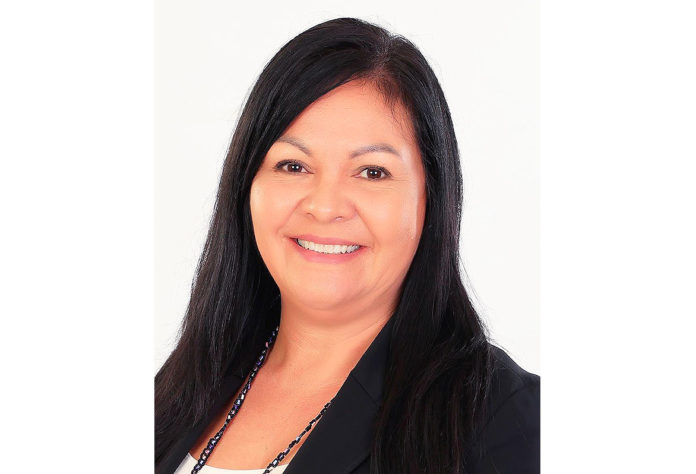Elizabeth “Libby” Rogers, Chief
Jena Band of Choctaw Indians
Jena Choctaw Pines Casino – Dry Prong, LA
Miko’s Gaming – Jena, LA
choctawpines.com / jenachoctaw.org
BENEFITS OF GAMING: The Jena Band of Choctaw Indians’ primary revenue generators are the two Class II facilities that the tribe owns and operates through the Jena Choctaw Indian Gaming Authority. The gaming facilities employ tribal members and others and, thus, provide much-needed job opportunities in the rural parishes of Grant and LaSalle. The gaming facilities also generate revenues to fund government services for the tribal members including general welfare benefits in the form of housing, utilities, health care, education, elder supplements, nutrition, and transportation, and the tribe has increased its land base, which will generate economic development and enable the tribe to diversify its business portfolio. The gaming revenues allow the tribe to be more self-reliant and to expand the various departments and services, which means the tribe can offer more resources to all tribal members, including those who reside outside the tri-parish service area and those from the youngest age to the oldest. The gaming facilities have had significant direct and indirect economic benefits to the local communities and enable the tribe to give back to our neighbors through donations and as business partners.
GOALS & INITIATIVES: The tribe has found its niche in gaming with its local Class II facilities, but leadership will continue to prioritize developing new ways to improve our gaming and hospitality offerings through additional amenities. The gaming operations strive to have the friendliest staff, the cleanest facilities, and to continue to be “your place for fun” in Central Louisiana. Leadership is constantly reviewing the economic benefits and timing for expanding our operations by developing an appropriately sized hotel, an RV park, and/or a convenience store.
LEGISLATIVE: The tribe continues to support the USET SPF and other advocacy groups for a Carcieri fix, which is legislation by Congress to address the U. S. Supreme Court’s decision in Carcieri v. Salazar that requires tribes to demonstrate that they were “under federal jurisdiction” in 1934 to qualify to have land taken into trust. The Carcieri decision has led to a more burdensome and uncertain fee-to-trust process but, more importantly, touches the heart of the United States’ federal trust responsibility to all Indian tribes. Although we breathed a sigh of relief with the U. S. Supreme Court’s decision in Brackeen v. Haaland rejecting all the constitutional challenges to the Indian Child Welfare Act brought by the states of Texas, Louisiana, and Indiana, we continue to be concerned about the possibility of future challenges to the constitutionality of ICWA – especially in light of the Court’s decision in Lac du Flambeau Band of Lake Superior Chippewa Indians v. Coughlin holding that the Bankruptcy Code unequivocally expresses Congress’s intent to abrogate the sovereign immunity of Indian tribes. Attacks on and the chipping away of Indian tribes’ sovereignty and the continued failure of the United States to uphold its federal trust responsibility to tribes will always be a critical public policy issue.
YOUTH LEADERSHIP ADVICE: The first piece of advice I give our tribal youth, which includes my teenage daughter and son, is to get to know your elders. Listen to their stories of the hardships they faced and yet how resilient they were to preserve their culture, language, and pride in being Native – all of which resulted in the preservation of the Jena Band of Choctaw Indians as a tribe. I also encourage them to visit with the former tribal leaders who established the government and provided for the general welfare of the members. Listen to the challenges and obstacles they had to overcome and the information will give you the knowledge to understand that a good leader puts the needs of the tribal members before their own and to understand the importance of seeking the greater good for your people by being a servant of your people. Be vocal and opinionated, but know that you can learn something each day that will make you a better leader. Never give up on your team. Appreciate that everyone brings a unique quality to the table and figure out how to make the most of each person’s talents. Make your ancestors and the next seven generations proud that you never took being a Native American for granted and that you stood your ground to bring back unity within the tribe and your culture.














































